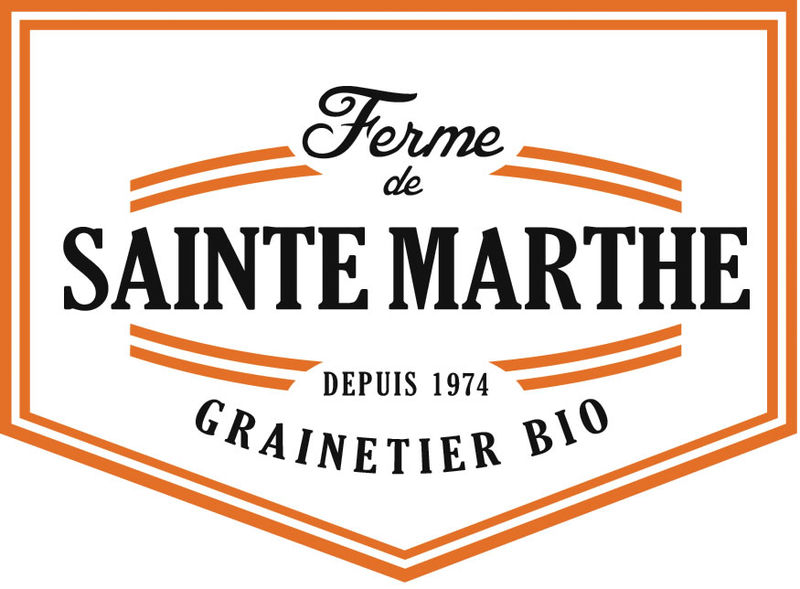

WRONG!!!
In January, every day we get two and half more minutes of daylight (http://www.timeanddate.com/sun/france/paris?month=1) and this will accelerate as the northern hemisphere starts to tilt back towards the sun and Spring approaches. This is a really exciting time of year as we now start to plan what we will want to be eating this year and through the hungry gap in early 2017. (https://en.wikipedia.org/wiki/Hungry_gap)

Cherry Tomatoes, Sweet Basil, Celery, Parsnip, Togi vine Tomatoes, Yellow vine Tomatoes, Rotoco Peppers, Lipstick Sweet Pepper, Yellow Bell Pepper, Early Jalapeno, Early Watermelon, Piacenza Cabbage, Spinach Beet, Quintel Winter Cabbage, Garden Cress, Sanguine Beetroot, Unknown Runner Bean, Unknown Coriander, Sanda Brussel Sprout, Seven Hills Brussel Sprout, Hardy Leek, Pointy Spring Cabbage, Golden Acre Cabbage, Wheelers Imp Cabbage, Dwarf French Bean, Tall Giant Sugar Pea, Climbing Pea, White Beetroot, Green Bush Corgette, Red Baron Onion, Unknown Yellow Onion, Tall Flower Sunflower, Nasturtium, Broccoli, Boltardy Beetroot, Leaf Lettuce, Flame Lettuce, Yellow Leek, Paris Early White Onion, Kyoto Spring Onion, Cherokee Bean, Long Green Ridged Cucumber, Finisimo Basil, Dwarf Bush Corgette, Blacktail Watermelon, Cheyenne Bush Pumpkin, Autumn Giant Cauliflower, Asturian Tree Cabbage, Petit Gris Watermelon, January King Cabbage, Sutherland Kale, Toothed Lettuce, Cardinale Lettuce, Mustard Habanero, Wrinkled Garden Cress, Radish, Garlic Chives, Pattipan Squash, Marrowfat Peas, Qunioa, Spring Cauliflower, Early Sprouting Purple Broccoli, Later Sprouting Broccoli, Florence Fennel, Pointy Spring Cabbage, Yellow Leafed Pakchoi, Turnip Broccoli, Large Half Long Carrott, Quick Heading Broccoli, True Siberian Kale, Purple Autumn Cauliflower, Early Dwarf Pea, Lemon Balm, Cupidon French Bean, Velvet Queen Sunflower, Champion of England Pea, Small Bush Pea, Unknown Swede, Cornichon, Panais.
This year we have ordered again from our favourite supplier in the UK (www.realseeds.co.uk), the tasty morcels for this year are:

We are also trialing a new supplier here in France (www.fermedesaintemarthe.com), lets see how these turn out:

Additionally from Ferme de Sainte Marthe, Remi, our long-term volunteer, has ordered the following:
Celeri a Couper, Arroche Rouge, Chicoree Rossa di Treviso, Chou de Bruxelles de Rosny, Fenouil Romanesco, Poireau Bleu de Solaise, Artichaut Vert de Laon, Aubergine Black Beauty, Concombre Le Genereux, Fraisier Alexandrie, Mais Pop-corn Tom Pouce, Melon Charentais, Piment Boule de Turquie ou Red Cherry, Poivron California Wonder ou Carre Doux d'Amerique, Pivron Corno di Torro Rosso, Mais Doux Golden Bantam, Carotte Longue Rouge Sang, Radis de 18 Jours, Haricot Purple Queen, Assortment de Courges, Assortment de Tomates Reines de la Table, Assortment de Medicinales, Assortment de Fleurs Comestibles.
All that is left to order are this years tatties (potato, pomme de terre) and we should be ready to commence. SEE, January is bloody exciting. Time to fire up the heated propagator people!

